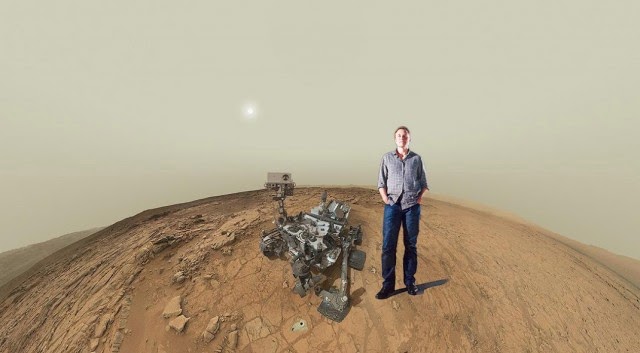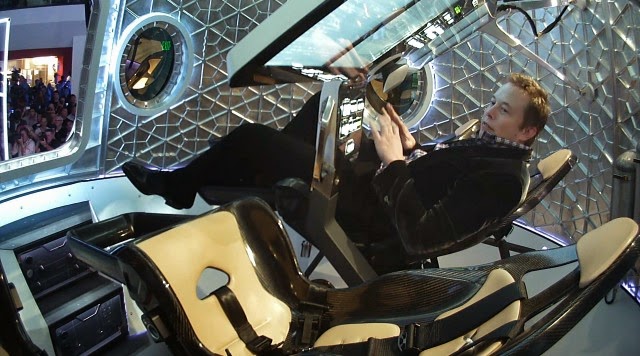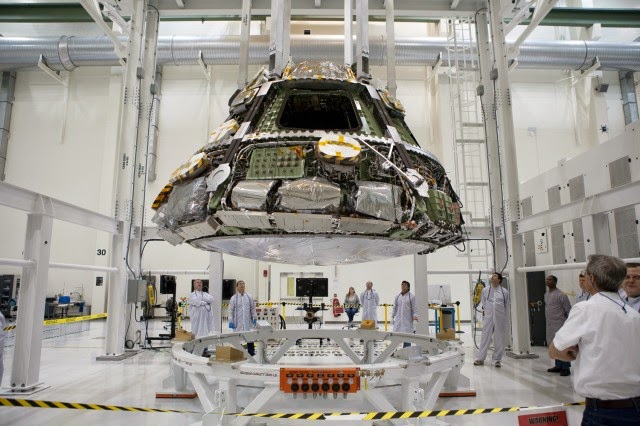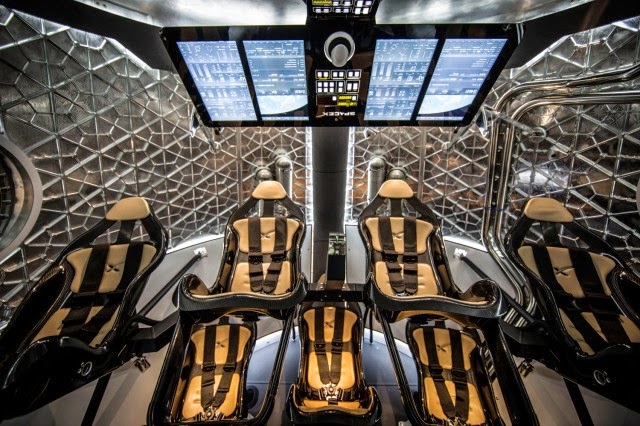Musk, CEO of SpaceX and Tesla, has long been an advocate of setting up a Mars colony. Way back in early 2012 he said he’d worked out a way of sending an “average person” on a round-trip to Mars for $500,000. His tune seems to be a little more muted now, but his new estimate of 10-12 years — before 2026 — is still fairly optimistic. To get there, SpaceX would probably use the Falcon Heavy launch vehicle (basically the Falcon 9 but with two huge booster rockets stuck onto it), and a variant of the recently announced manned Dragon spaceship. NASA’s Mars mission would use the Orion spacecraft (which is finally almost ready for testing), and the new Space Launch System (which isn’t expected to be ready for a few years yet). Actually getting humans to Mars isn’t all that difficult. Yes, the journey is quite long (around 200 days) and there’s a risk of radiation exposure, but these are fairly small problems compared to a) landing on Mars, b) surviving on Mars, and c) getting back to Earth. This is the area where NASA — which has landed and taken off from the Moon, and landed a huge rover on Mars — has a lot more experience than SpaceX. SpaceX hasn’t yet landed on the Moon — and, at least publicly, it has shared very few plans about how or when it would attempt such a landing. The upcoming manned Dragon capsule will ferry astronauts to the ISS, but it isn’t equipped for a lunar landing or takeoff. This isn’t to say that SpaceX couldn’t develop and test the various, exceedingly complex systems required for a Martian landing and takeoff, but 10-12 years is a pretty tight timeline. The more likely possibility, unless society somehow finds itself entering into a second Space Race, is that SpaceX will send astronauts on a Mars flyby in the 2020s, rather than actually landing and setting up a colony. It’s fun (scary?) to think that a commercial company — headed up by Elon Musk no less — will be the first to colonize Mars, but I doubt it. “I’m hopeful that the first people could be taken to Mars in 10 to 12 years,” said Musk on CNBC’s Closing Bell show. “But the thing that matters long term is to have a self-sustaining city on Mars, to make life multiplanetary.” (In case we wipe ourselves out.)




